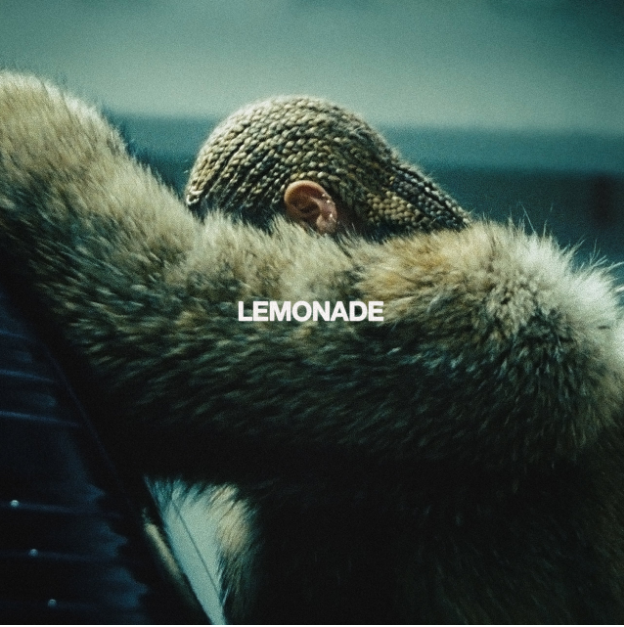Professor explores intersectional feminism with Beyoncé
September 28, 2016
If there’s three things students will walk away learning after Menaka Phillips feminist political thought class, it’s feminism, politics and Beyoncé.
Philips, who received her Ph.D from Northwestern University in Political Theory, is a professor of Political Science and Gender and Sexuality Studies at Tulane. Throughout her three years here, Philips has inspired many students to think outside of the box by using various mediums of education.
A crowning example of this is her assignment of Beyoncé’s “Lemonade” video. “Lemonade” is a visual album Beyoncé created this spring, which garnered much attention upon its release.
“I assigned ‘Lemonade’ because there’s a big debate going on among feminist scholars about what this album is doing for black feminist thought, especially for discussions about race and gender,” Philips said. “Is it a feminist text? … I want them to think about those things, not just listen to the music, but think about them politically.”
While this is the first time Philips has used “Lemonade,” she incorporates popular media into many of her lessons in order to give her students a more wholesome view into political themes and theories of society.
“I teach political theory, so we deal in the world of text, but texts aren’t just books … they can also be in different media they can be literature, music, art, film,” Phillips said. “All those things can reflect some of themes we are looking at in political theory … it lets students see where they can apply theory — it’s not just essays, it’s what they are seeing in the world.”
Along with teaching introduction to gender and sex studies and feminist political theory this fall, Philips started directing the Gender and Sexuality Studies program at Tulane University last year. The program offers a major and minor, as well as coordinates events on campus with other programs.
She also is working on a number of research pieces in the areas of political theory, democratic theory, feminist and gender studies, and postcolonial politics. One looks at perception of the wives of famous political scholars, like of Socrates, Karl Marx, and John Stuart Mills. Philips is also writing a book that focuses on how modern perceptions of liberalism can affect the way people interpret text, and more specifically the text of Mills.
However, her passion for her research correlates directly to her passion for the education she gives.
“I think research is actually an important component of teaching … it kind of motivates me, energizes me, for getting into those subjects in the classroom and the reverse is true the kind of conversation I have in the classroom … can develop into the things I want to write about,” Philips said.
Philips uses discussion often in her classes, making her lectures focus on cultivating not just common political theory, but the theories of her students.
“I find Tulane students are really interested in being engaged in a classroom they actually want to be part of the discussion,” Philips said. “I find that they really want to have conversations about what they are studying and when you give them the space to do that class becomes kind of entertaining and dynamic.”










Leave a Comment